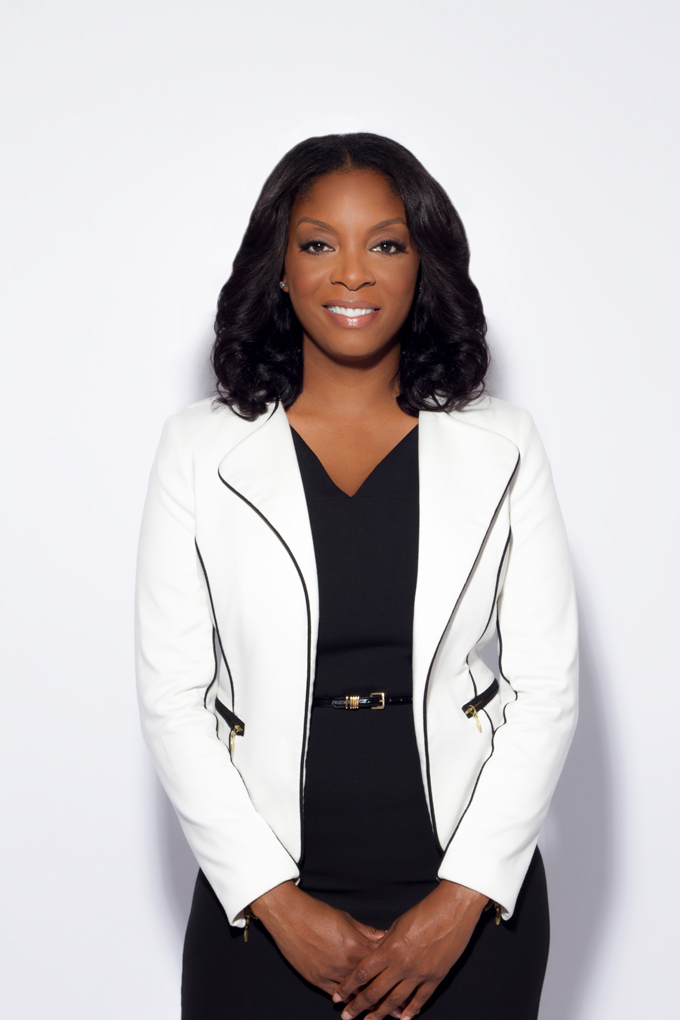
You probably don’t know Nadia Lopez by name. You might not even recognize her face. Her story, though? That’s another thing entirely.
On Jan. 19, 2015, Brandon Stanton’s popular Humans of New York (HONY) blog featured a 13-year-old boy who cited his school principal as the most influential person in his life.
“When we get in trouble, she doesn’t suspend us,” the boy told Stanton. “She calls us to her office and explains to us how society was built down around us. And she tells us that each time somebody fails out of school, a new jail cell gets built. And one time she made every student stand up, one at a time, and she told each one of us that we matter.”
Intrigued, Stanton did some digging that led him to Mott Hall Bridges Academy (MHBA), a New York City public school, and its founder—an inspirational educator determined to offer children living in the underserved, marginalized neighborhood of Brownsville a way up and out.
Now do you know who Nadia Lopez is?
Taking her message from Brownsville to the world
The initial HONY post went viral (to date, more than 1.2 million people have liked it on Facebook and more than 170,000 have shared it). It changed everything.
Before HONY, Lopez was on the verge of burnout. She was considering quitting altogether.
Afterward, there was an outpouring of support—and cash. A fundraising campaign started by Stanton brought in more than $1.4 million. Half of the proceeds were earmarked to send incoming sixth graders at Mott Hall on an annual trip to visit Harvard. The other half became a scholarship fund for graduates of MHBA.
There was an appearance on The Ellen Show. There was a trip to the White House. There was a TED Talk that has been viewed more than 1 million times. There’s a book—The Bridge to Brilliance: How One Woman and One Community Are Inspiring the World (Penguin)—that shares the story of MHBA and the woman whose vision brought it to life.
Lopez hasn’t shied away from the spotlight, and she’s certainly enjoyed the attention she’s received (when asked the most surprising thing that happened after her story went viral, she cites getting to meet Michelle Obama when both were honored at BET’s Black Girls Rock celebration). But the work that she’s done was never about her. It was always about the kids.
Serving them is what drives everything at Mott Hall, including the expectations set for its teachers. Lopez believes in the power of the team; at MHBA, educators collaborate on planning and preparation. She sees the staff as a village created to support the success of the school’s scholars.
“Leadership is not easy,” Lopez says, “but it’s worth it.”
Setting her scholars up for success
Leadership will be just one of the themes of Lopez’s General Session keynote at the ILA 2018 Conference.
“Everything begins with our leaders,” she says. “Administrators must be the example of what they want to see in their team members….What you choose to prioritize, those who work for you will understand it mandatory to follow.”
For Lopez, this means cultivating a culture of literacy in the STEAM-focused Mott Hall.
“Reading and writing are paramount in learning,” Lopez says. “Our incoming scholars range from a K–3 reading level in the sixth grade, which is unacceptable. If they will ever be successful, my scholars must be able to build their literacy skills before they graduate MHBA.”
Brownsville lays claim to some of New York City’s lowest literacy rates, but her vision behind Mott Hall—to create a school that sets children up for college and career—makes literacy education a top priority.
“A child who can read can learn beyond the limitations set upon them in this world,” Lopez says. “Opening a book, reading a blog or newspaper can give you a worldview from someone else’s perspective. It also levels the field by building knowledge that makes you not only competitive but marketable.”
There’s still much work to be done. Lopez puts in long hours, seven days a week. Her concern for her students and their future never wanes. Her responsibility to them and the community weighs heavily on her shoulders.
And yet…
“I love what I do,” she says. “Each day I am grateful for the opportunity to impact the lives of children.”
Lara Deloza is the senior communications manager at ILA.
This article originally appeared in the open access March/April issue of Literacy Today, ILA’s member magazine.
Nadia Lopez will be a keynote speaker during the General Session at the ILA 2018 Conference, July 20–July 23, in Austin, TX. For more information visit ilaconference.org.